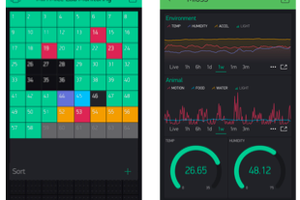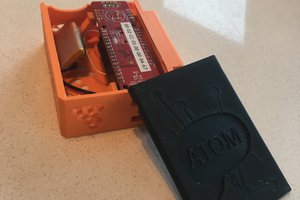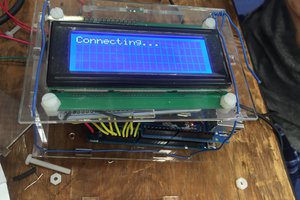A piece of crushed plastic is worth more than just PET, HDPE, or PP.
We will unlock its extra value!
===
SUMMARY
We are proposing a software solution to create a new revenue stream that the current recycling process can’t, potentially disrupting the traditional recycling business model.
High-dimensional Data EXtraction (HiDEX) is an integrated software solution, designed to run on the early step of the recycling process: sorting. However, it is far more than sorting and classification of recycling materials. HiDEX is designed to extract high-dimensional data, such as brands, locations, demographics, consumption, etc. from each piece of recycling materials passing through. This data creates a new revenue stream because this data is valuable to all stakeholders, such as the ones in marketing intelligence and supply-and-demand decision making, etc.
HiDEX is designed to extract data, not only from thermoplastic polymers, but from all types of recycling materials, especially CPG and their packaging materials, such as aluminum, paper, glass, etc.
Today the business model for waste management facilities is to resell recycled materials. HiDEX will create a new revenue stream and offer added value to all stakeholders, potentially disrupting the traditional recycling business model.
Moreover, HiDEX is designed with an innovative concept: Gamification of Sorting that gets the local community involved and generates social awareness of recycling. (more in the section below).
HiDEX is designed to be modulizable, flexible, expandable and plug-and-play. It can be a new standalone installation or integration with incumbent sorting systems and equipment, both in software and hardware, that are already provisioned at the current recycling locations. HiDEX will significantly improve the accuracy and quality, especially to achieve better purity and efficiency, in comparison to current methods and systems such as IR, NIR, float/sink, watermark detection, pneumatic, Eddy current (for aluminum), etc. and even in comparison to the most deployed and implemented AI/ML/CV systems we have investigated.
TECHNOLOGIES
Most incumbent sorting systems and equipment can sort and classify recycling plastics into PET, HDPE, PP, etc. However, they are not designed or capable of extracting high-dimensional data any further, for example, the data between a Coke bottle or a PEPSI one, or the bottles in this location from the others.
Using Artificial Intelligence, Machine Learning and Computer Vision (AI/ML/CV), HiDEX is designed to extract high-dimensional data, accurately and efficiently. Through digital images captured by onsite cameras, HiDEX is designed to process and extract high-dimensional data, such as brands, locations, demographics, consumption, etc.
Refer to fig. 1). attached.
SOFTWARE. HiDEX is using open source software in Artificial Intelligence, Machine Learning and Computer Vision (AI/ML/CV), based on “saliency data detection” in computer vision. HiDEX is designed to run on an edge-to-cloud platform and architecture to ensure performance, reliability, security and flexibility.
HARDWARE. HiDEX configuration is simple, low costs and viable, with all components from commercially available off-the-shelf: digital cameras, LED lighting, local control PC, Arduino, or similar, and internet connection.
Refer to fig. 2). attached.
COMPATIBILITY. HiDEX is designed either running on a standalone and new installation, or integration with incumbent systems, capable of both sorting and data extraction. HiDEX is designed to interface with incumbent sorting hardware, such as robotic arms, trapdoors, pneumatic gates, etc.
Refer to fig. 3). attached.
COMMUNITY INVOLVEMENT and SOCIAL AWARENESS by GAMIFICATION. HiDEX is designed with an innovative concept: gamification of sorting.
HiDEX is designed to provide an API, a gaming interface, JuniorDEX (JrDEX), running on smartphones. When AI/ML/CV...
Read more »
 Lex Kravitz
Lex Kravitz
 Nicolas Lopez
Nicolas Lopez

 Khalilone62
Khalilone62
An important goal of marketing is propelling a company's growth. This can be seen through attracting and retaining new customers on ihateedi.